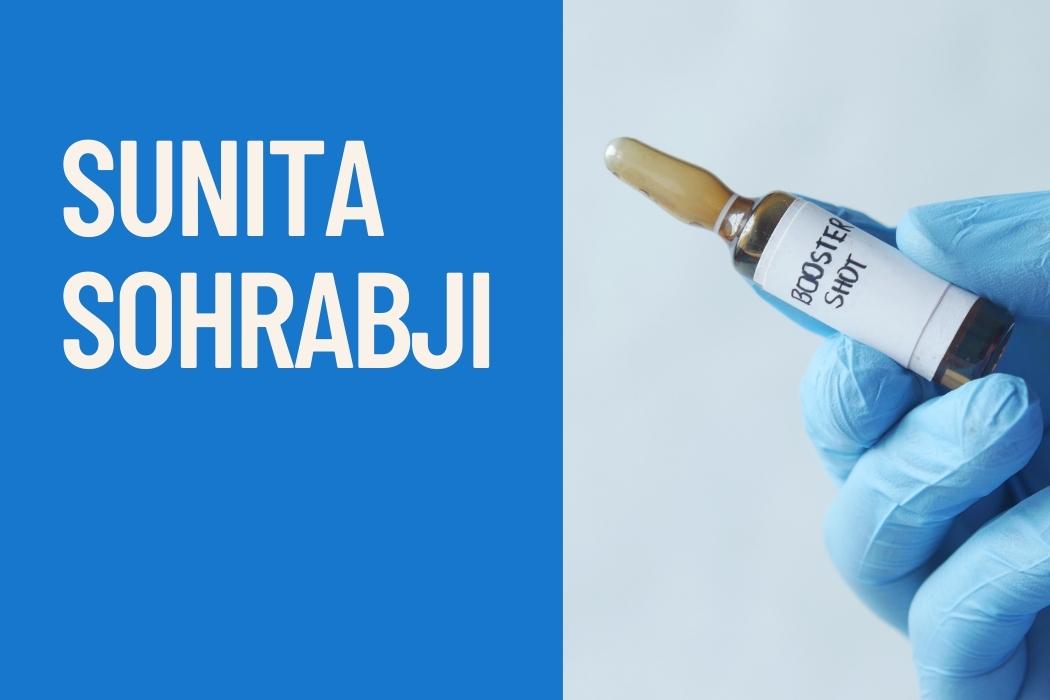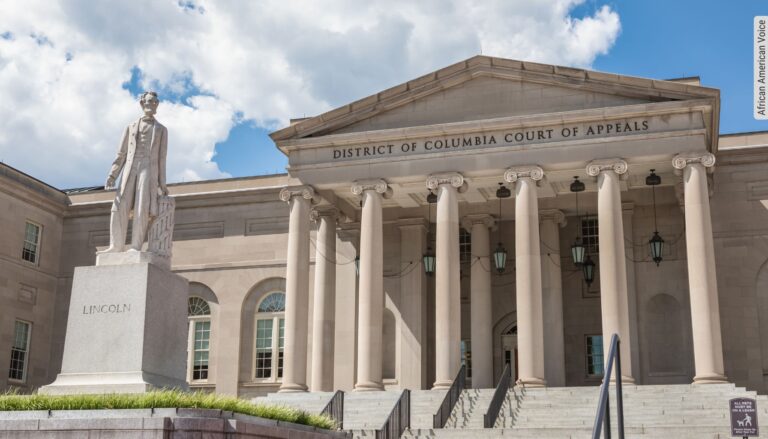
By SUNITA SOHRABJI/EMS Contributing Editor
Vaccines and boosters are essential tools for Black family caregivers, as California battles the rising numbers of Covid-19 infections due to the spread of the Omicron variant.
At a community conversation with ethnic media organized by Saint Paul AME Church in San Bernardino, Black Voice News, and California Black Media, community leaders and Black family caregivers discussed the importance of vaccines in helping keep themselves safe and able to care for their families, especially at a time when Omicron is increasing their sense of fatigue and isolation.
The conversation, which drew over 60 reporters and community members, was also live-streamed on social media and cohosted by the California Department of Aging. Cheryl Brown, a member of the state’s Commission on Aging, moderated the discussion.
Speakers asked that family caregivers receive priority for vaccines, boosters, test appointments home-testing kits, and personal protective equipment.
Family caregivers have not been considered essential workers, and therefore were ineligible to be first in line when Covid vaccines appeared on the scene in early 2021, said Dr. Donna Benton, Research Associate Professor of Gerontology at the University of Southern California’s Leonard Davis School of Gerontology.
Benton also serves as director of the USC Family Caregiver Support Center and the Los Angeles Caregiver Resource Center. “Vaccines are a key weapon against the ravages of this virus,” she stated.
USC’s survey of local caregivers found that of the 60 percent who had jobs outside of the home, 30% had dropped out of the formal workforce in order to care for their families – a factor that increased their isolation. Dropouts were primarily women, noted Benton.
There are more than 4.5 million family caregivers in California alone, but Benton said they are largely invisible in the broader healthcare system.
“Caregivers are saying ‘we want the masks.’ We need PPE. We need to be prioritized for boosters, and also for testing,’” she said. She noted the near impossibility of getting a home testing kit or an appointment for a Covid test.
The Biden Administration announced on Jan. 13 that it was purchasing an additional 500,000 million home testing kits. Benton expressed her hope that family caregivers would be a priority for the distribution of those additional supplies. The administration plans to distribute 1 billion home testing kits in total.
Benton also spoke of the need to expand at-home vaccines and booster services, noting that it is difficult to get home-bound people, especially those with dementia into a car and out to a vaccination site. “There are not enough healthcare workers going door to door,” she said.
Ruth Rembert shared her personal story of serving as the sole caregiver to her husband, who has multiple myeloma — cancer that killed former Secretary of State Colin Powell last year. Because of his hugely compromised immune system, even a cold can have huge health consequences, she said, adding that she is letting no one come into the house for fear of even minor infections.
“I won’t allow anybody to come into my house who has not been vaccinated, and even then, I insist they wear a mask. People don’t realize the danger they put you in when they don’t get vaccinated, or when they’re not masked, said Rembert, noting there was a lot of misinformation spreading about the continued need to wear a mask indoors in congregate settings, even if fully vaccinated.
“I heard people say, I don’t want to put that in my body. I say: ‘you have two choices. You can either choose to have this vaccine in your vein, or you can choose to have formaldehyde in your veins because that’s how serious it is.’”
Rev. Noella Buchanan, a Caregiver Coordinator for the Southern California Conference African Methodist Episcopal Church Ministerial Alliance and a retired pastor, has been the caregiver for her mother-in-law, her sister-in-law, her mother, and then her husband. She is now the primary caregiver for her cousin who is over a hundred years of age.
Buchanan noted that Black people have throughout history been used for spurious medical testing, including the Tuskegee Experiment, and therefore have an inherent fear of getting vaccinated. “Many people believe their faith will carry them through. But we are seeing so many loved ones die when they haven’t taken the shots.”
Like Benton, Buchanan advocated for health care workers to deliver vaccines at home. “Elderly people can’t stand in line for two to three hours.”
She noted that vaccines and home testing kits can be delivered via houses of faith. “People trust their churches.”
22-year-old rapper Kennedy King shared a rap that won her first place in a contest organized by Saint Paul’s AME Church in San Bernardino, California. King and her family have all suffered through Covid; she fears for her grandparents getting infected, noting the consequences would be much higher.
King noted that her generation gets most of their news from social media, and raps are an important tool in spreading the word about the effectiveness of vaccines.
“Music is very relevant to young people’s lives; we communicate a lot through music,” she said, before performing her prize-winning rap.
“We have to get into young people’s heads that if you don’t care about yourself enough to get a vaccine, care about the elders around you,” said King.
Source: Ethnic Media Services








